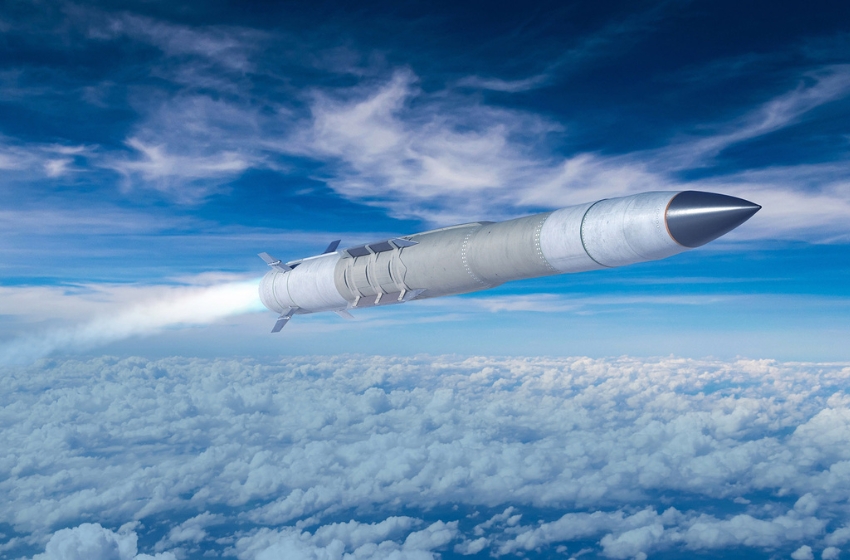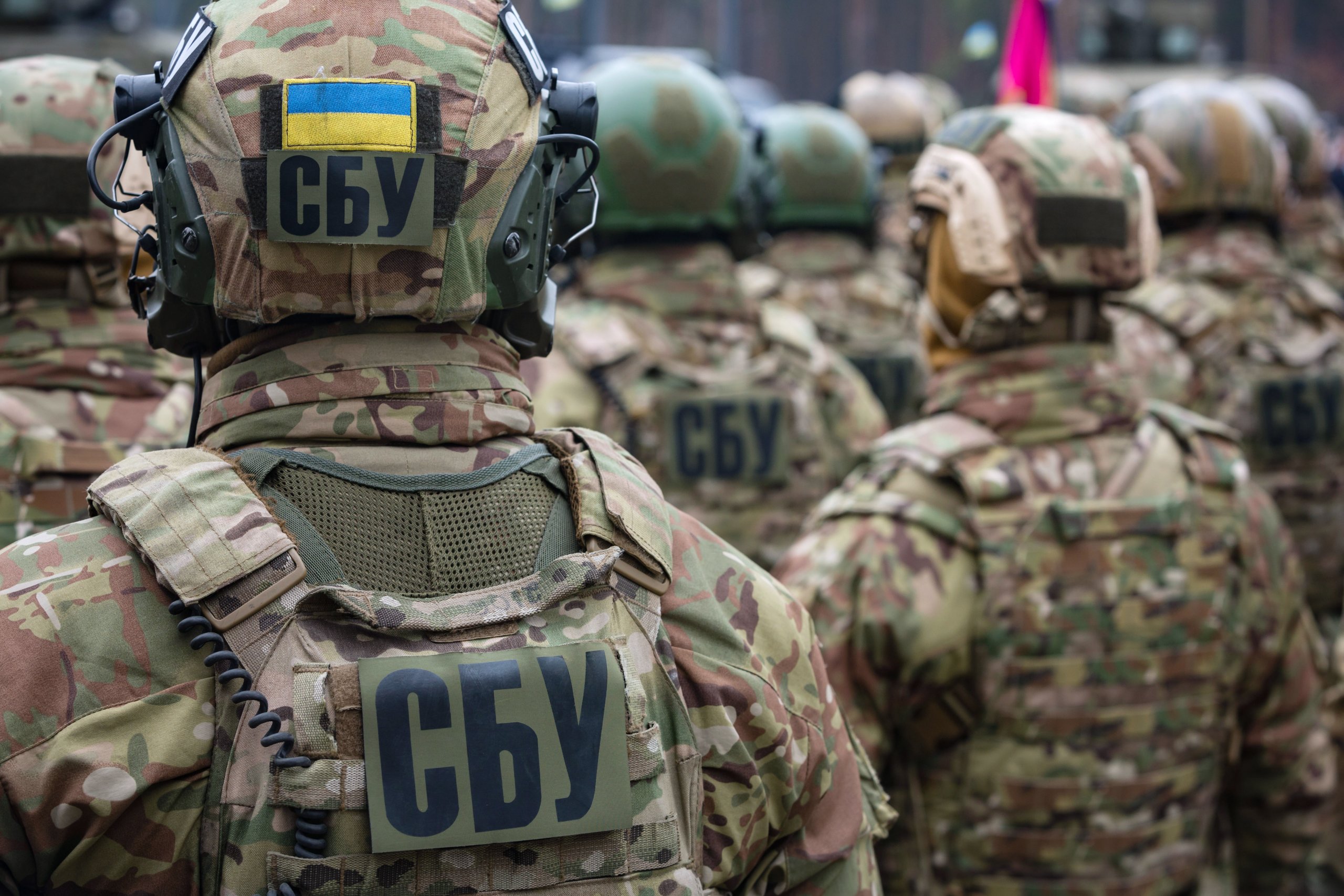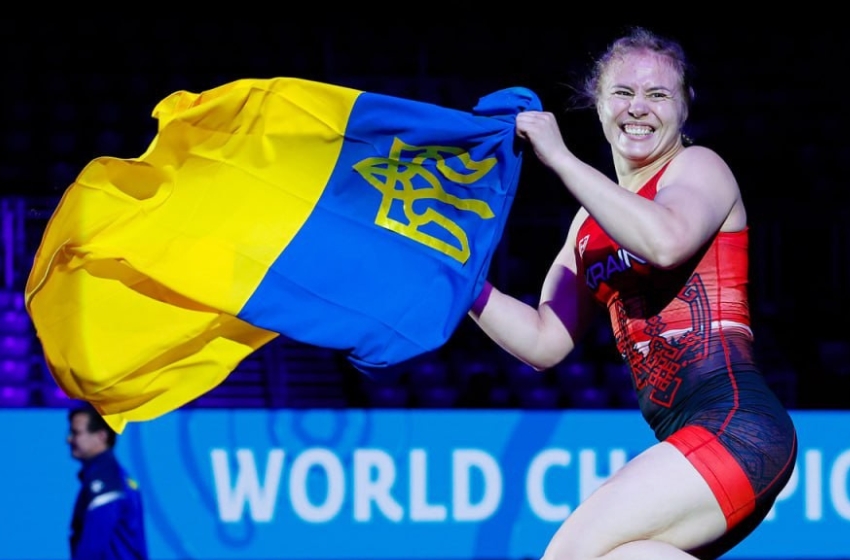Director of the Center for Civil Society Studies, Vitaliy Kulyk, in an interview with Unian, discussed the scenarios for "freezing" the war that Russia is promoting in order to obtain a pause to restore the potential of its military-industrial complex.
"Russia wants to temporarily freeze the intensity of the war and build up its potential for further advancement. This advance could occur in Ukraine or in other theaters of conflict. It is evident that under such circumstances, suggesting the possibility of stretching out aid to Ukraine over time or reducing its momentum would effectively buy time for Russia to rebuild. The pace of Russia's military potential restoration, referring to technical aspects like ammunition, drones, heavy military equipment, is such that it may take several years.
In the event of a decrease in the intensity of the war or a so-called "freeze," it doesn't necessarily mean that we will continue to receive equipment and weaponry in the necessary quantities to maintain our parity. For the European Union and some Western partners, the "freeze" is seen as an opportunity to take a breather, both for them and their economies. It doesn't always require an increase in military support, and there's no equals sign.
Some Western security experts do emphasize the equals sign and argue that if we enter a situation of reduced intensity or a "freeze," it should be accompanied by an intensification of support for Ukraine. However, this is what experts say, not politicians. Politicians, on the contrary, often see it as an opportunity to delay their commitments, refrain from providing weapons, and consider it a time for the recovery of the European economy rather than an opportunity to build up military potential in Ukraine.
Therefore, President Zelensky is absolutely right on this issue: we cannot give Russia time to recover, and we cannot provide Russia with a favorable position to continue its offensive. Russia has no intention of calming down.
Furthermore, a "freeze" does not equate to achieving strategic goals in the war with Russia. Our sole strategic goal in this war is the dismantling of Russia as a totalitarian state. Everything else is just an interim result, which in the strategic perspective will again pose a threat to the world order and Ukraine, primarily. Until we dismantle Russian statehood, we will have an existential threat to the existence of Ukraine as a state and as a nation for Ukrainians.
In any case, a "freeze" on Russia's terms is not advantageous for Ukraine from any perspective - both from the perspective of our survival as a nation and from the perspective of the Western world's position in confrontation with Russia. Russia will recover and go on the offensive again. And this can either happen in Ukraine or in NATO countries, which would lead to the collapse of this military organization, as I am quite skeptical about its ability to defend itself against hybrid threats.
However, Russia is currently looking for ways to "freeze" the war and rebuild its potential. Yes, they are interested in that. But I am a cautious optimist in this regard because the logic of the historical process, the way the confrontation between the West, Russia, and China is unfolding, does not foresee the possibility of a long "freeze." The divergences have deepened too much to simply turn the page and return to the pre-war situation. An attempt at conservation does not resolve the fundamental contradictions. One way or another, there will be crises that break the "freeze" before 2028, that's for sure.
There are several potential scenarios for what could break the "freeze." It could be a rebellion in Russia, a front collapse, a counteroffensive, certain strikes, technological catastrophes, a new uprising in Syria where troops might need to be redirected, or a crisis in the Caucasus. These are all regions where there is currently shifting political dynamics. All regions have started moving, from Africa to Latin America, and Russia has its interests everywhere.
Western experts often like to reference the Korean "freeze" model. There is no peaceful agreement between the Koreas, and formally, the Korean War hasn't ended, but there is no "hot" phase there. So, there won't be any Korean scenario for Ukraine. The Korean scenario emerged in specific historical conditions of the 1950s and was accompanied by the ability of countries within the socialist and capitalist world systems to maintain this division. In the current circumstances, neither the West nor Russia has the capacity to maintain this "freeze." There are too many conflicts and crises that have accumulated. Something new needs to emerge. Those who advocate for a "freeze" do not have the resources to sustain it. Therefore, it will be short-lived, certainly not until 2028."





















